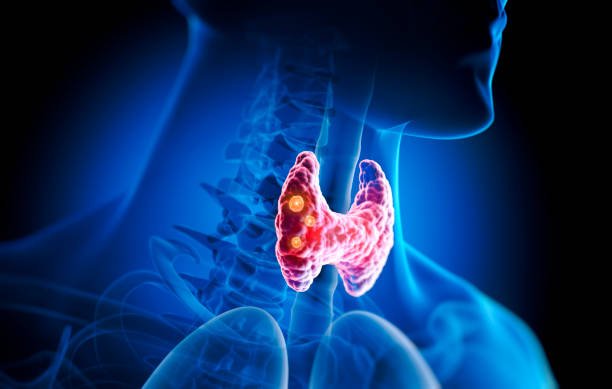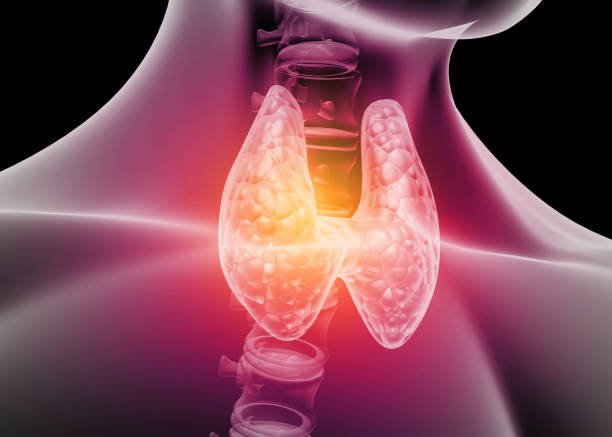Endocrinology
Expert Endocrinology Care for Hormonal Health
Our endocrinology specialists provide personalized care for hormonal imbalances.We manage conditions like diabetes, thyroid, PCOS, and adrenal disorders.With advanced diagnostics and compassionate treatment, your health is in expert hands.

Diabetes Mellitus
Diabetes Mellitus, commonly known as Diabetes, is a group of metabolic disorders that affect how the body uses glucose (sugar), the main source of energy. It primarily involves the pancreas, which either fails to produce enough insulin or the body becomes resistant to its effects. Insulin is the hormone responsible for allowing glucose to enter the body’s cells. When insulin doesn’t function properly, glucose remains in the bloodstream, leading to elevated blood sugar levels. Over time, this condition can lead to serious health complications if not properly managed.

Hypothyroidism
Hypothyroidism, also called underactive thyroid, is a common condition where the thyroid gland fails to produce enough thyroid hormones required for the body's normal functions. The thyroid gland plays a vital role in regulating metabolism—the process by which the body converts food into energy. It also influences body temperature, heart rate, and how effectively we burn calories. When hormone levels are low, metabolism slows down, leading to fatigue, weight gain, and reduced energy levels.

Polycystic ovarian syndrome
Polycystic Ovarian Syndrome (PCOS) is a common hormonal disorder that affects women of reproductive age. It is characterized by irregular menstrual cycles, excess levels of male hormones (androgens), and the presence of multiple small cysts in the ovaries. Women with PCOS may experience symptoms such as acne, unwanted facial hair, weight gain, thinning hair, and difficulty getting pregnant. The exact cause is unknown, but insulin resistance and genetics often play a role. PCOS can be managed through lifestyle changes, weight management, hormonal medications, and treatment for individual symptoms.

Thyrotoxicosis
Thyrotoxicosis is a condition caused by an excess of thyroid hormones (T3 and T4) in the bloodstream, leading to an overactive metabolism. It is often associated with hyperthyroidism, where the thyroid gland becomes overactive, but can also result from inflammation or excessive intake of thyroid hormone. Common symptoms weight loss, despite normal or increased epitide , rapid heartbeat, anxiety, tremors, sweating, heat intolerance, and sleep disturbances. If left untreated, thyrotoxicosis can lead to serious complications such as heart problems and a life-threatening condition called thyroid storm. Treatment options may include medications (antithyroid drugs or beta-blockers), radioactive iodine therapy, or surgery, depending on the cause and severity.
